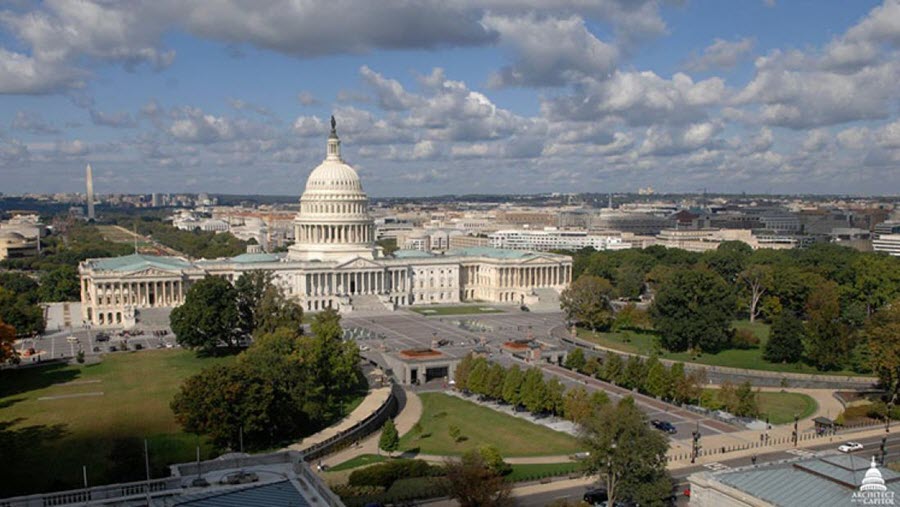NECTA: Federal Net Neutrality Legislation Is Answer

The smarter way to stay on top of broadcasting and cable industry. Sign up below
You are now subscribed
Your newsletter sign-up was successful
The New England Cable & Telecommunications Association is putting in a plug for federal net neutrality legislation.
That came in planned testimony at a Massachusetts Senate Special Committee on Network Neutrality and Consumer Protection Hearing Tuesday (Feb. 6). One of the state's senators in Washington, Democrat Ed Markey, has been a leading voice for strong net neutrality rules.
The committee was formed following the FCC's Dec. 14 vote to roll back net neutrality regs, charged with "coordinating a policy in response to the federal government’s decision to repeal rules on net neutrality," the elimination of which "removes important consumer protections for all internet users," the committee said in scheduling the hearing.
Massachusetts is one of the many states looking at ways to regulate internet access now that the FCC has voted to eliminate the rules against blocking, throttling and paid prioritization, including their own net neutrality laws, which the FCC has said are preempted by its Dec. 14 Restoring Internet Freedom order, or mandating net neutrality in government contracts involving internet access.
Related: New Jersey Mandates Net Neutrality in State Contracts.
NECTA VP and general counsel, who was scheduled to testify at the hearing planned to tell the Massachusetts Senate: “We support and adhere to the principles of Net Neutrality every day and we believe the best way to achieve lasting consumer protections while spurring innovation and investment is through bipartisan federal legislation that establishes a national standard.”
The hearing came a day after New Jersey's governor signed an executive order mandating net neutrality in government contracts, and its attorney general announced it would be the 22nd state joining a suit to overturn the FCC's net neutrality rule deregulation.
The smarter way to stay on top of broadcasting and cable industry. Sign up below
ISPs say they support a bipartisan federal bill that would prohibit blocking or throttling, which most have pledged not to do anyway. But they want some wiggle (or more like "innovative business model" room) for paid prioritization.
In the current political climate, with most Democrats wanting a Title II-based legislative approach and Republicans seeing that as a non-starter, and with neither side trusting the other at the negotiating table, odds of federal legislation are long.
Contributing editor John Eggerton has been an editor and/or writer on media regulation, legislation and policy for over four decades, including covering the FCC, FTC, Congress, the major media trade associations, and the federal courts. In addition to Multichannel News and Broadcasting + Cable, his work has appeared in Radio World, TV Technology, TV Fax, This Week in Consumer Electronics, Variety and the Encyclopedia Britannica.

